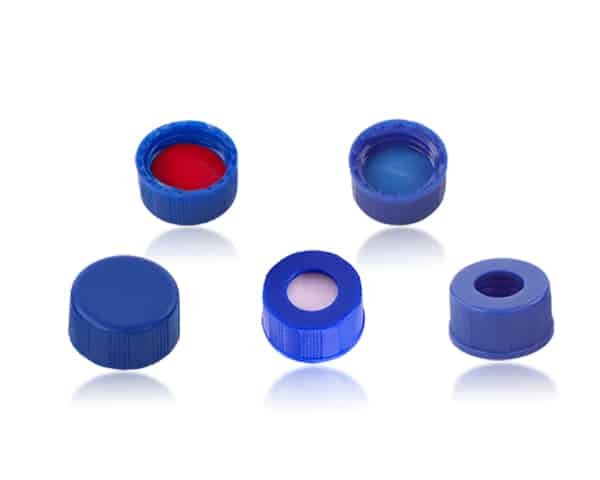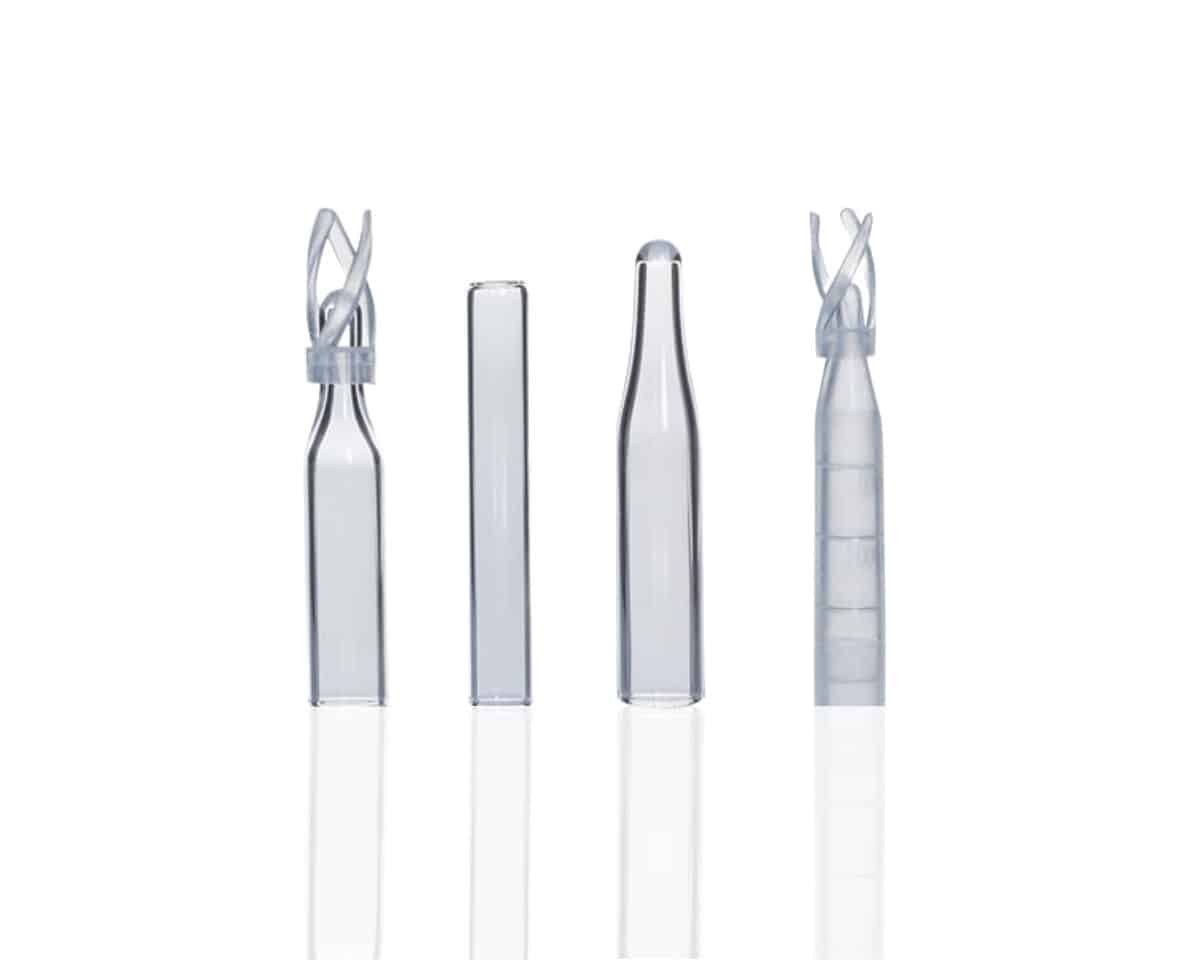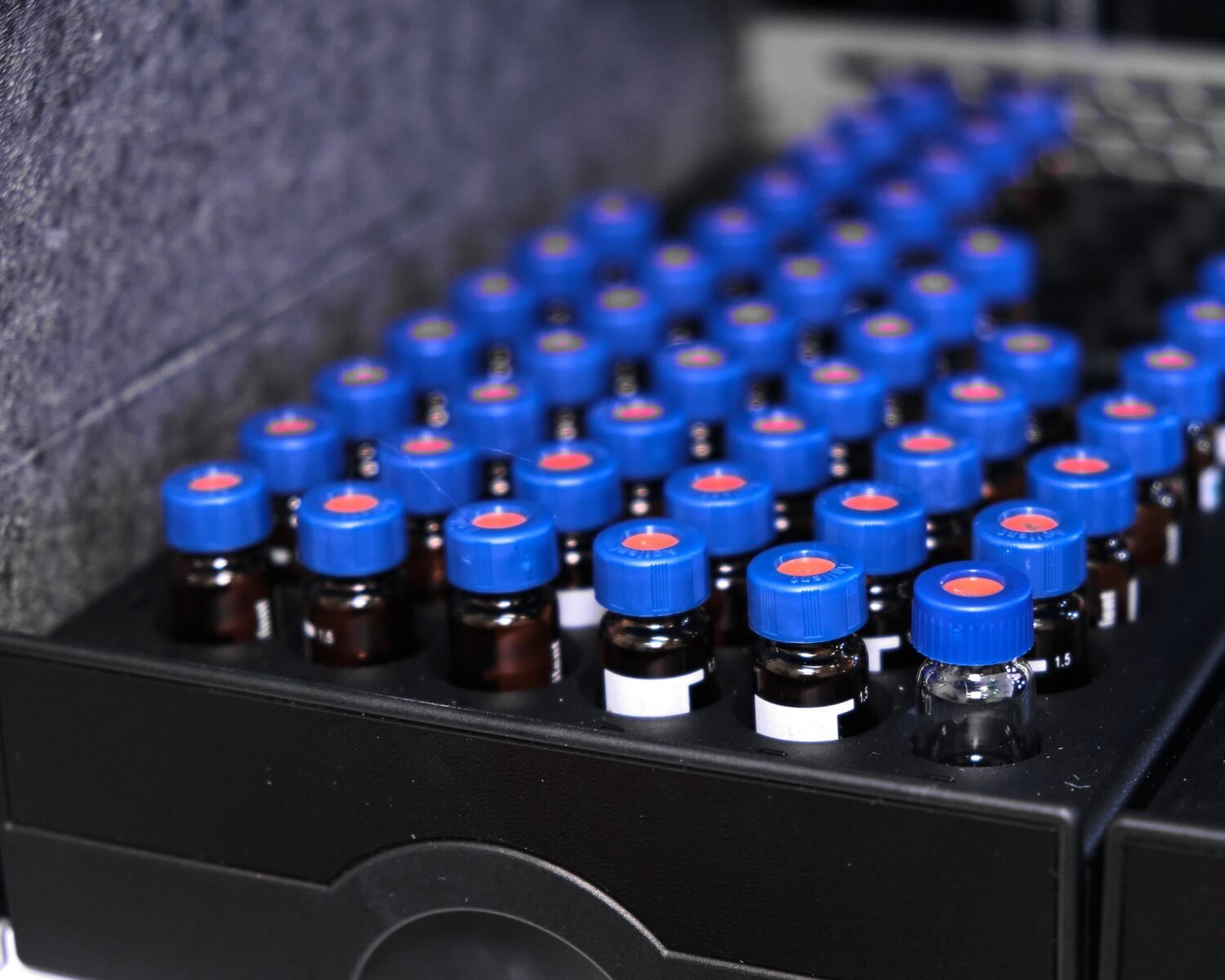
Introduction
Gas chromatography (GC) is a powerful analytical technique used to separate and analyze compounds that can be vaporized without decomposition. Despite its widespread use, GC has limitations, particularly when it comes to detecting certain components. Understanding these limitations can help you choose the right analytical method for your needs.
Answer Section
Certain components, such as large biomolecules, salts, and thermally unstable compounds, are not detectable by gas chromatography due to their inability to vaporize or decompose at high temperatures.
Detailed Content Section
What Is Gas Chromatography?
Gas chromatography is a method used to separate volatile compounds in a mixture. The sample is vaporized and carried by an inert gas (the mobile phase) through a column packed with a stationary phase. As compounds interact with the stationary phase, they are separated based on their boiling points and affinities to the stationary phase, leading to their detection and analysis.
Components That Cannot Be Detected by GC
Large Biomolecules
Proteins and Nucleic Acids: Large biomolecules like proteins and nucleic acids cannot be detected by GC because they cannot be vaporized without decomposition. These molecules are too large and complex, requiring alternative methods like liquid chromatography (LC) or electrophoresis for analysis.
Salts and Inorganic Compounds
Salts: Salts and other inorganic compounds are not suitable for GC analysis. They do not vaporize and often remain as residues in the injection port, potentially clogging the system. Techniques such as ion chromatography or atomic absorption spectroscopy are more appropriate for these substances.
Thermally Unstable Compounds
Thermally Labile Compounds: Some organic compounds decompose at the temperatures required for GC analysis. These thermally unstable compounds break down before they can be vaporized and carried through the column. Examples include certain pharmaceuticals and complex organic materials.
High Boiling Point Compounds
High Molecular Weight Hydrocarbons: Compounds with very high boiling points may not vaporize efficiently, leading to incomplete separation and detection. This includes some heavy oils and high molecular weight hydrocarbons. Supercritical fluid chromatography can be a better option for such substances.
Practical Implications
Choosing the Right Analytical Method
Understanding the limitations of GC is crucial for selecting the appropriate analytical method. For compounds that GC cannot detect, consider alternatives like:
- Liquid Chromatography (LC): Suitable for large biomolecules and thermally unstable compounds.
- Ion Chromatography (IC): Ideal for analyzing salts and other ionic species.
- Mass Spectrometry (MS): Can be combined with GC or LC for more detailed analysis of complex mixtures.
Sample Preparation Considerations
Proper sample preparation is essential to avoid introducing non-volatile or thermally unstable components into the GC system. This includes filtering out particulates and using derivatization techniques to make some compounds more amenable to GC analysis.
Conclusion
Gas chromatography is a versatile tool, but it has its limitations. By understanding which components are not detected by GC, you can make informed decisions about your analytical methods, ensuring accurate and reliable results. For complex samples that include large biomolecules, salts, or thermally unstable compounds, alternative techniques like liquid chromatography or ion chromatography should be considered.
If you’re facing challenges with GC analysis or need advice on selecting the right analytical technique, don’t hesitate to contact our team of experts. We’re here to help you find the best solutions for your analytical needs.
If you need our headspace vials, please feel free to reach out.











